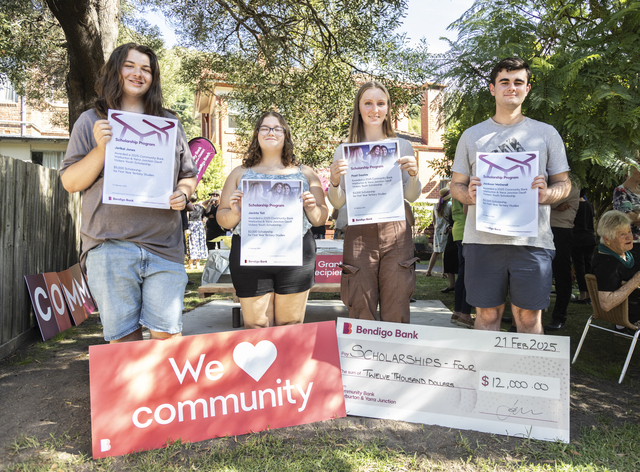The University of Wollongong’s Centre for Health Service Development has released its final report on ‘Alternative Arrangements for Residential Aged Care Staffing’ commissioned by the Australian Government, creating an outline for acceptable alternative arrangements when registered nurses (RNs) are not available on-site 24/7.
The AdventCare aged care facility in Warburton has been one such home that has struggled to fulfil the requirement since it was mandated in 2023, filling the gap with always having an RN on call, having arrangements with local health providers and the home’s dedicated team of enrolled nurses (ENs).
CEO of AdventCare David Reece said it was good to have recognition that not all places, particularly in the country, will be able to have registered nurses all the time.
“It shows that there are robust models like what we’ve had for years in the Yarra Ranges, and therefore that these will be acceptable,” he said.
“The thing that is going to be interesting is, and it’s probably fair enough, will have then an evaluation and monitoring system, which we’ve already done with the (Aged Care) Quality Commission, every three or six months,”
“I guess it’s a bit more paperwork for everyone to do, but you can see how it could be justified.”
The 155-page report outlined the ‘foundational elements’ and ‘key principles’ any alternative arrangements must meet when in place, provide evidence-based alternatives for when the mandated 24/7 RN requirement can’t be met and recommend ‘alternative skills mixes’ for the 24/7 RN arrangements in specialised aged care scenarios such as for the homeless or Aboriginal and Torres Strait Islanders and in low acuity residential aged care.
Mr Reece said his only concern is their continued inability to access the 24/7 Registered Nurse Supplement for Residential Aged Care due to not being able to meet the mandate.
The supplement is intended to support homes that have on average, 60 residents or less, to meet the 24/7 RN requirement, with the Department of Health and Aged Care’s site on the supplement inferring those with more on average over a calendar month receive sufficient funding through the Australian National Aged Care Classification (AN-ACC) Basic Subsidy.
“It’s costing us $3000 or so a month for on-call arrangements for an RN and other costs, so we are incurring costs but getting no reimbursement,” Mr Reece said.
“The thing that they didn’t address in the report, which is our next target, is to seek to have the 24-7 RN supplement modified so that if we have 50 per cent coverage (time with an RN on site), we get 50 per cent of the fee,”
“The report is saying that they recognize we’re different, and that’s good, and it’s still clinically sound, but now what we need now is additional funding, because for the Yarra Ranges, that would be about $16,000 a month if we got the full funding to go towards agency costs and the costs of extra RNs.”
The foundational elements outlined in the report include that aged care homes must be able to provide residents with suitable care around the clock ‘regardless of the geographic and contextual factors’, all staff must only ‘ work within their professional and individual scope of practice’, staff are not burdened with unsafe or inappropriate workloads to make up for a shortfall, local health services are partnered effectively with to help meet the ‘complex and chronic health needs’ of residents and alternative arrangements are effective, efficient and ‘fit for purpose in the local context’.
The report’s key principles included that facilities must have robust protocols, procedures and a clinical governance framework, recognised the ‘crucial clinical role of enrolled nurses’, identify the goal to ‘transition’ to 24/7 RN coverage during the timeframe of an approved exemption (such as through structured staff development) and to ‘embrace opportunities to utilise virtual care services’ to fill the gap where an RN is not available.







